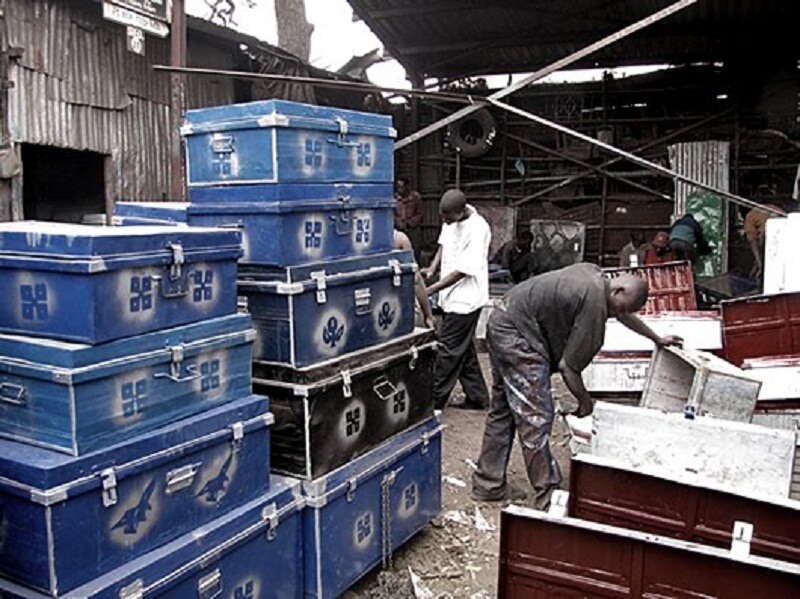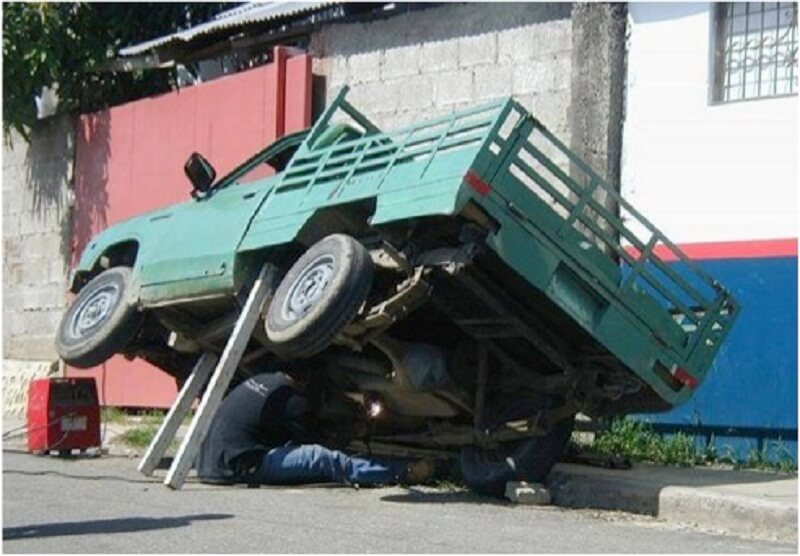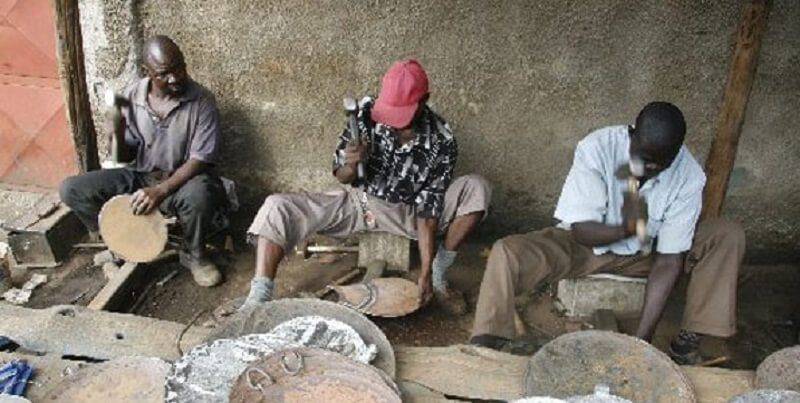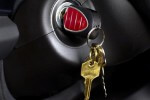Jua Kali is the Swahili name given to the Kenyan informal manufacturing sector. Translated loosely, it means “under the sun” mostly because tradesmen worked under the hot African sun, some still do to rake a living. Today, this is a major employer in Kenya, making up a pretty big portion of the informal sector. This sector was started in the 60s by the government to grow the capacity of its industrial base and provide employment opportunities to the informally educated yet skilled in different arts.
Rapid growth
Consequently, several untrained engineers, artisans, mechanics and tradesmen took to unregulated and uncontrolled production of goods mostly consumed locally. This sector continued to grow in the background, creating employment for many thousands every year. Their scope of expertise also continued to expand with time to cover areas such as motor cycles and cars.
Major employment provider
Before long, Jua Kali was more about metalwork than anything else in Kenya. This industry worked towards the African dream of industrialization through promotion of cottage and medium industries. Today, this sector employs more than 2 million Kenyans in different estates and towns in the country. In Nairobi alone, the Jua Kali sector has employed more than 50,000 people who specialize in production and repair of items ranging from electronics, automobiles, utensils, furniture, doors and windows, as well as customer made metal products.
Poorly equipped, housed
The Jua Kali sector in Kenya comes with many good connotations but with an equal measure of negative associations. While many people get their daily bread in this sector by providing quick fixes to mechanical problems at low prices, the sector comes across as one that provides only short term solutions to customers. This is not surprising looking at the nature of the industry. Being unregulated and not held to any standards, this industry is not tailored to achieve standard solutions to problems. As a result, the fixes done at Jua Kali stands are only meant to run for a short period and enable a little saving before a permanent solution is found. You also do not expect a lot from this service, especially looking at the equipment that they employ to deliver their services. The best equipped Jua Kali stands have just a few spanners, hammers, screw drivers and several spare parts.
But perhaps the most negative, yet most conspicuous, attribute of the Jua Kali is the inadequate housing. Indeed, this inadequacy in housing is the source of the industry’s name. Due to housing problems, artisans used to, and still do, operate under the scotching sun. The name Jua Kali means hot sun in Swahili and is typical of this industry’s workers and premises. Does this sector hold the key to Africa’s industrialization?








